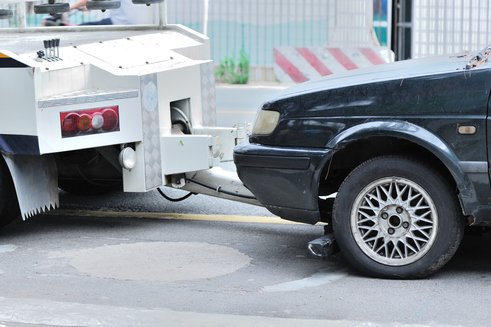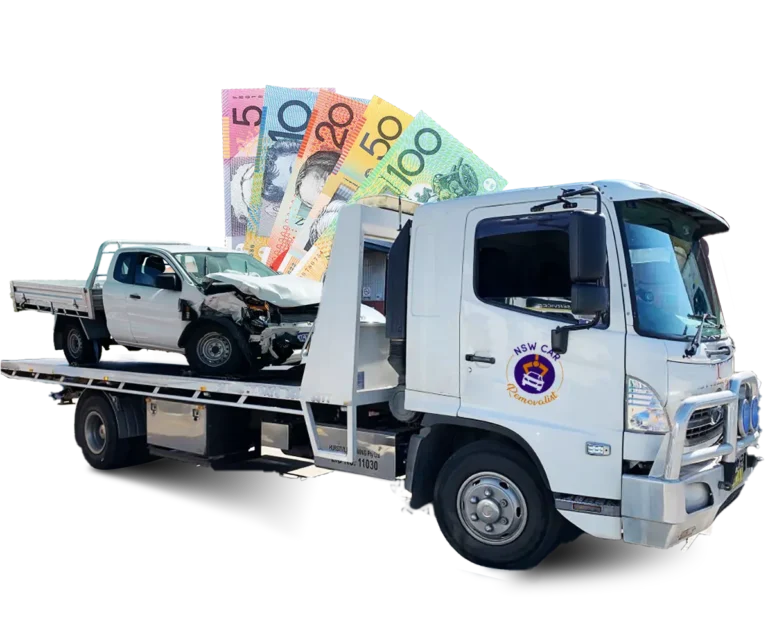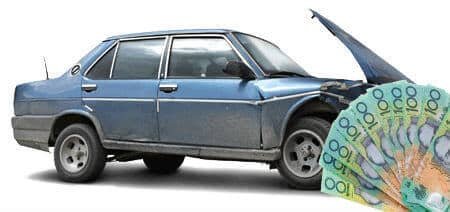How Can You Tell If Your Brakes Are Failing Or Not?
1. Unusual Noises When Braking
One of the first signs that your brakes may be failing is hearing unusual noises when you press the brake pedal. Squealing, grinding, or squeaking sounds often indicate that the brake pads are worn out. Brake pads are designed to create friction and help the car stop. Over time, they wear down and need replacement.
When the brake pads wear too thin, metal components can begin to grind against the brake rotors, which can cause damage. If you hear any noise while braking, it is essential to inspect your brake system as soon as possible to avoid more serious problems.
2. Vibration in the Brake Pedal or Steering Wheel
If you feel a vibration or pulsation when applying the brakes, it could be a sign of a warped brake rotor. Rotors are metal discs that work with the brake pads to stop the car. Over time, rotors can wear unevenly or become damaged due to excessive heat or pressure. When this happens, the braking surface becomes uneven, causing vibrations that can be felt through the brake pedal or even the steering wheel.
A vibrating brake pedal is a clear indication that the brake rotors may need to be resurfaced or replaced. Ignoring this problem can lead to a loss of braking efficiency and put you at risk of an accident.
3. Brake Warning Light on the Dashboard
Modern vehicles come equipped with dashboard warning lights that alert you to potential problems with your car. If your brake warning light comes on, it is a clear sign that something is wrong with the braking system. This could be a sign of low brake fluid, worn brake pads, or a more serious issue with the braking system.
Brake warning lights are usually red or yellow and should not be ignored. If this light comes on, you should stop driving and have your car inspected by a mechanic as soon as possible. Continuing to drive with a brake warning light could lead to brake failure and endanger your safety.
4. Soft or Spongy Brake Pedal
If you notice that your brake pedal feels softer than usual or sinks to the floor when pressed, this could be a sign of a brake fluid leak or air in the brake lines. Brake fluid is essential for transferring the force from your foot on the pedal to the brake pads, allowing your car to stop.
A leak in the brake fluid system or air entering the brake lines can reduce the pressure needed to activate the brakes, leading to a spongy or soft brake pedal. If you experience this, your brakes may not respond as they should, increasing your risk of an accident. In such cases, it is important to have your brake system inspected and repaired immediately.
5. Car Pulling to One Side When Braking
If your car pulls to one side when you apply the brakes, it could be a sign of uneven brake pad wear, a stuck brake caliper, or problems with the brake fluid. When the brake pads wear unevenly or a caliper becomes stuck, it can cause one side of the vehicle’s brakes to engage more forcefully than the other.
This imbalance can cause the car to pull to one side, making it difficult to control. In some cases, this can also be caused by uneven tire pressure or suspension problems. However, if you notice this while braking, it is best to have your brake system checked by a professional.
6. Reduced Braking Power or Longer Stopping Distances
One of the most dangerous signs of brake failure is reduced braking power or longer stopping distances. If you notice that your car takes longer to come to a complete stop or that the brakes do not feel as strong as they used to, it could indicate that the brake pads are worn, the brake fluid is low, or there is an issue with the brake lines.
Reduced braking power puts you at greater risk of an accident, especially in emergency situations. If you experience this issue, stop driving immediately and have your brakes inspected by a mechanic.
7. Burning Smell After Braking
A burning smell after applying the brakes is a sign of overheating. This can happen if the brake pads are excessively worn or the brake calipers are stuck. When brakes overheat, they lose their ability to generate the necessary friction to stop the vehicle. In extreme cases, overheating brakes can cause brake fluid to boil, leading to complete brake failure.
If you detect a burning odor after braking, it is crucial to let the brakes cool down and avoid driving until the problem is resolved. Continuing to drive with overheated brakes can lead to dangerous situations.
Cash for Cars and Junkyard Industry:
The cash-for-cars and junkyard industry plays an essential role in recycling vehicles that have reached the end of their useful life. Many drivers seek out places offering parts for repairs, especially when faced with costly new components. If you are searching for car brakes in Sydney, junkyards often provide a more cost-effective option. These industries not only help car owners save money but also promote environmental sustainability by repurposing functional parts from older vehicles. By selling your old or damaged car to a reputable junkyard, you can make extra cash while contributing to a circular economy.
Conclusion
Failing brakes are a serious issue that should never be ignored. By understanding the signs of brake failure, such as unusual noises, vibrations, a soft brake pedal, or a burning smell, you can take the necessary steps to prevent accidents and ensure your vehicle remains safe on the road. Regular brake inspections and maintenance are key to preventing brake issues. Keep your car safe, and never hesitate to have your brakes checked if you suspect something is wrong.
For more information visit here.






